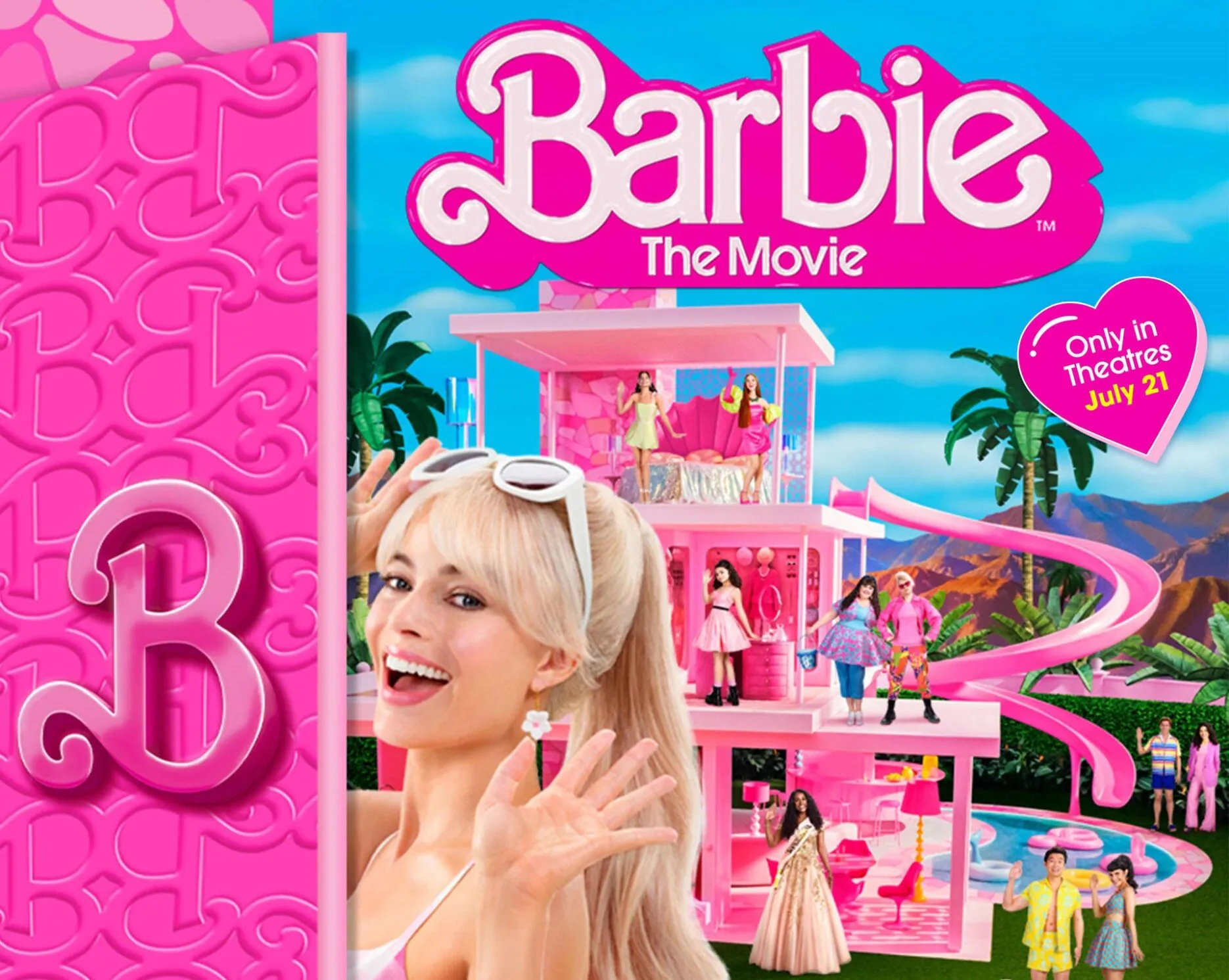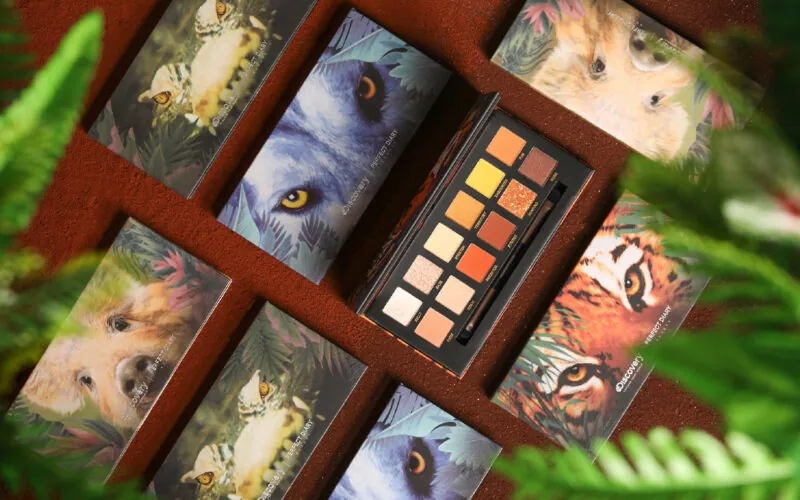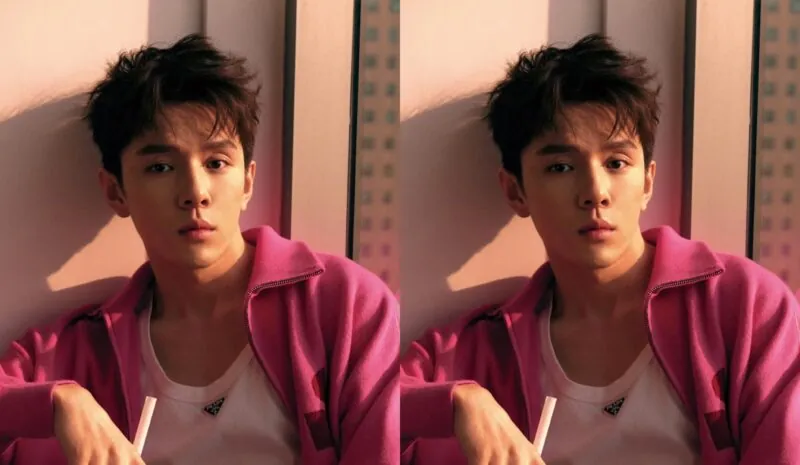The month of July belonged to Barbie. The biggest film of late directed by Greta Gerwig has hit 1 billion USD at the global office box, just 17 days after its release. Although faced with a low opening on its debut day in China, recording 8.37 million RMB (1.16 million USD) on the first day, the movie soon saw a strong uptake, breaking the 100 million RMB (13.88 million USD) box office threshold in the following six days and sparked a heated debate around both feminism, as the movie intended, and consumerism, in particular, amongst women.
The Barbie marketing storm
The household IP has been around since 1959 and after coming to life on the big screen last month, it naturally became an irresistible marketing treasure trove, drawing attention from hundreds of global labels including Chanel, Nike, Zara, MINISO and counting as the Barbiecore sensation continues to sweep the globe.
The average volume of visits to the official Barbie flagship store on Taobao’s sister app Tmall surged by more than four-fold.
While Barbie-themed offline events staged across the country were seen to attract large crowds, online sales of the iconic Barbie dolls on one of China’s largest e-commerce platforms Taobao has been in high demand. The average volume of visits to the official Barbie flagship store on Taobao’s sister app Tmall surged by more than four-fold, resulting in doubled sales, following the success of the film, according to Alizila, a digital newsroom under the Alibaba group, parent of Taobao and Tmall.
Other Barbie-themed products ranging from camisoles, skirts and dresses have also been snapped up by Chinese consumers, with a total increase of over 350% in the volume of searches. Also highly sought-after garments include cheongsams, close-fitting and high-necked dresses in Barbie’s trademark hot pink, with merchants jumping at the phenomenon by adding a local traditional twist to the Barbie theme.
Profiting from feminism?
With many immersed in the Barbie-mania, the enthusiasm has set off alarm bells for others who warned of falling into the trap of female consumerism. The hashtag “Refuse to be consumerism Barbie” jumped to one of the top 10 trending topics at the end of July, garnering over 6.6 million views on China’s lifestyle and fashion bible Xiaohongshu.
The pink girlish world is regarded as a “dream wonderland” by its critics, trying to build a fantasy and suggesting that this is where women belong.
Public sentiment towards the movie is mixed with some endorsing its themes of female empowerment and critiques of patriarchy. However, criticism soon arose because of exactly that. The pink girlish world is regarded as a “dream wonderland” by its critics, trying to build a fantasy and suggesting that this is where women belong.
The “dreamland” then becomes a source of desire and anxiety too, enticing women to come into the paradise where they are in control. If you are not in it, you are “out of style”, turning them into consumables in the fictional world and the idealisation within it.
Some view that it has “taken feminism to the extreme”, telling women to ignore the gender inequalities that exist in the real world. The message of girl power, as a result, is viewed to have been misused as a tool for consumer inducement, packaged under the label of fashion, luring women to pay for it. And the practice of “Barbie collaboration” is a carefully curated “consumerism trap”.
Consumerism or not, to be or not to be part of it is still a personal choice. Barbie’s utopian might have set a milestone in the movement of feminism but the divided opinions serve as a reminder that it progresses with controversy. Chinese women now more than ever are awakening to the matter of feminism and with evolving awareness, brings new challenges in the field of marketing to and for women.









